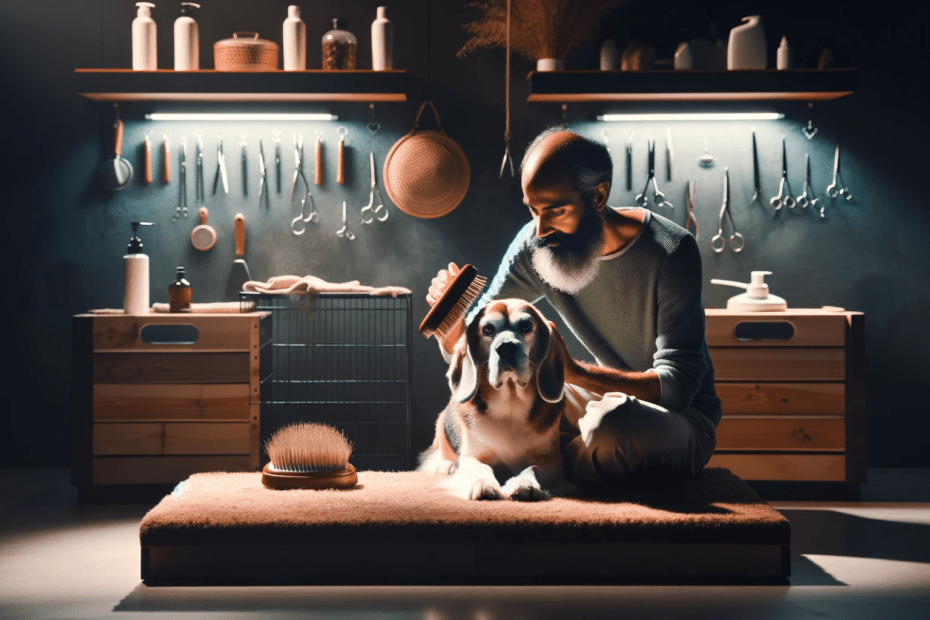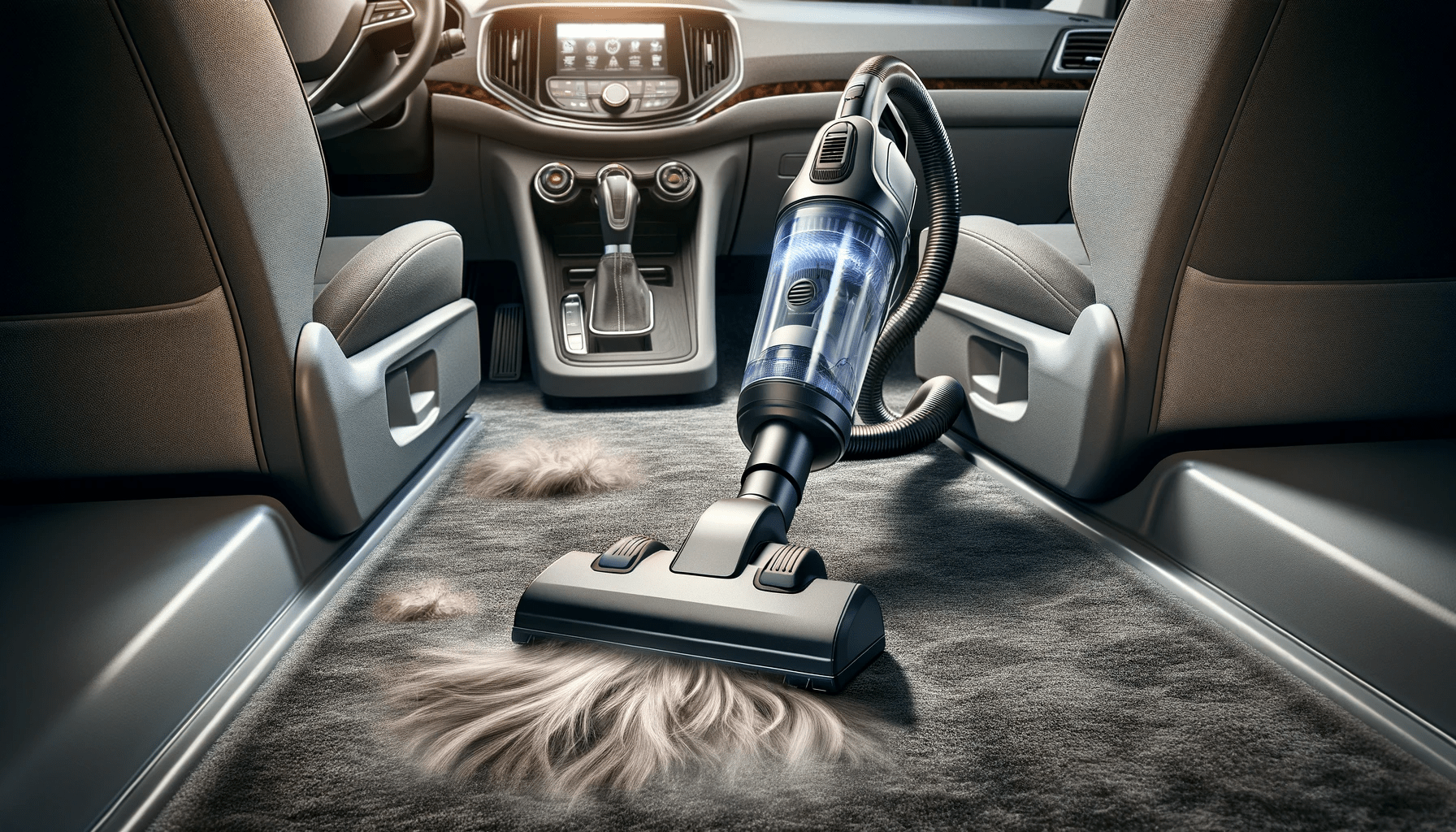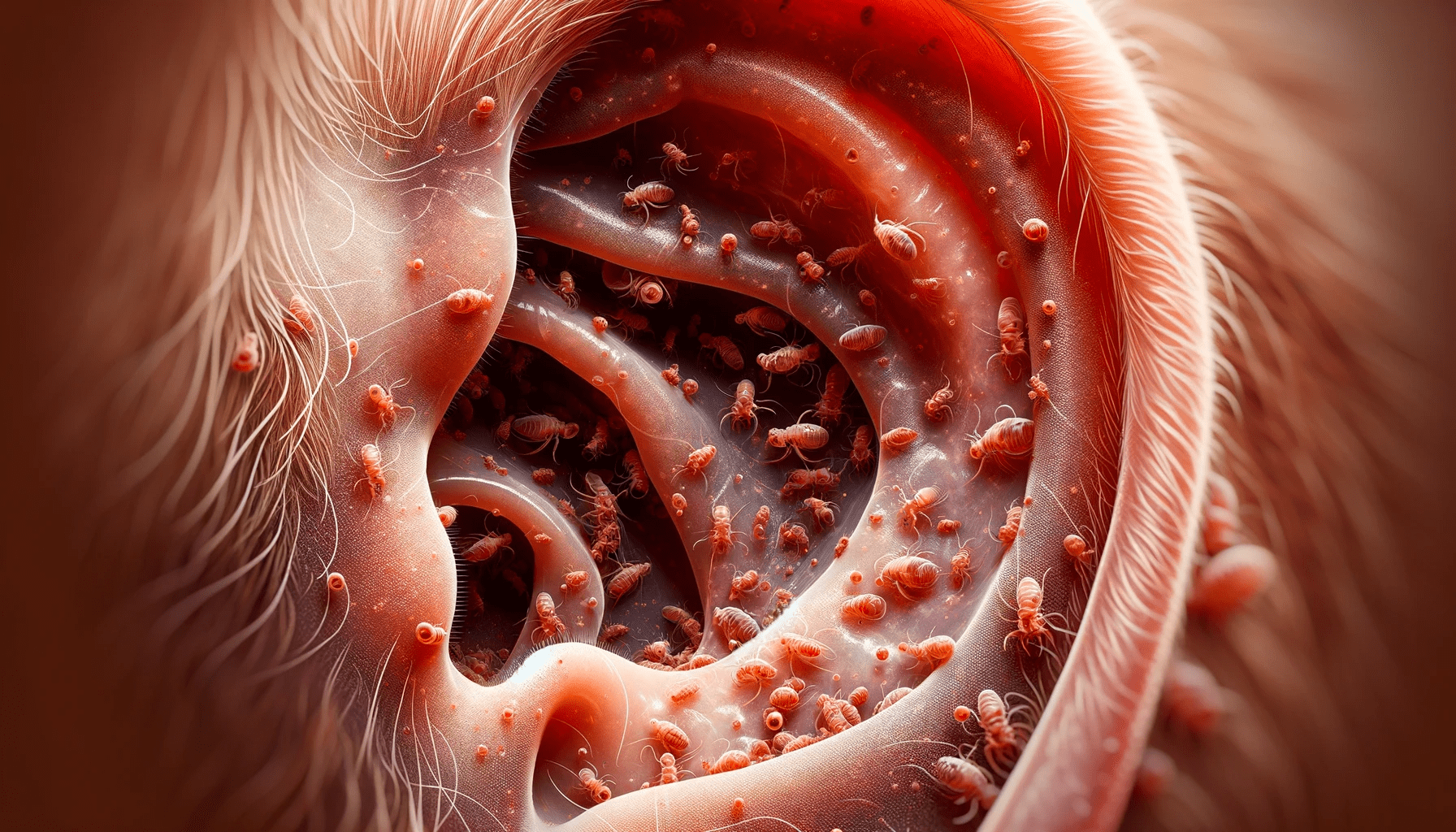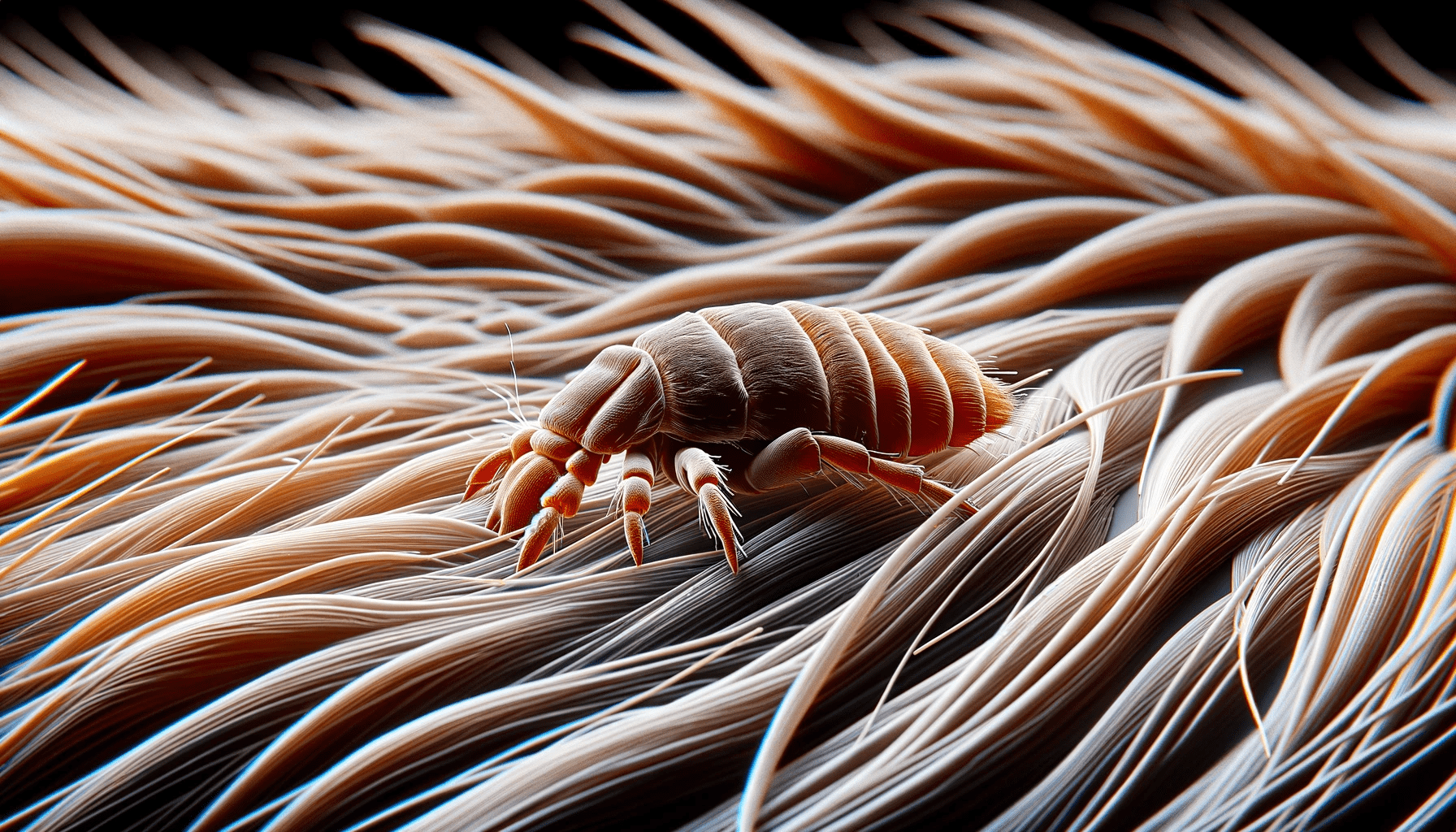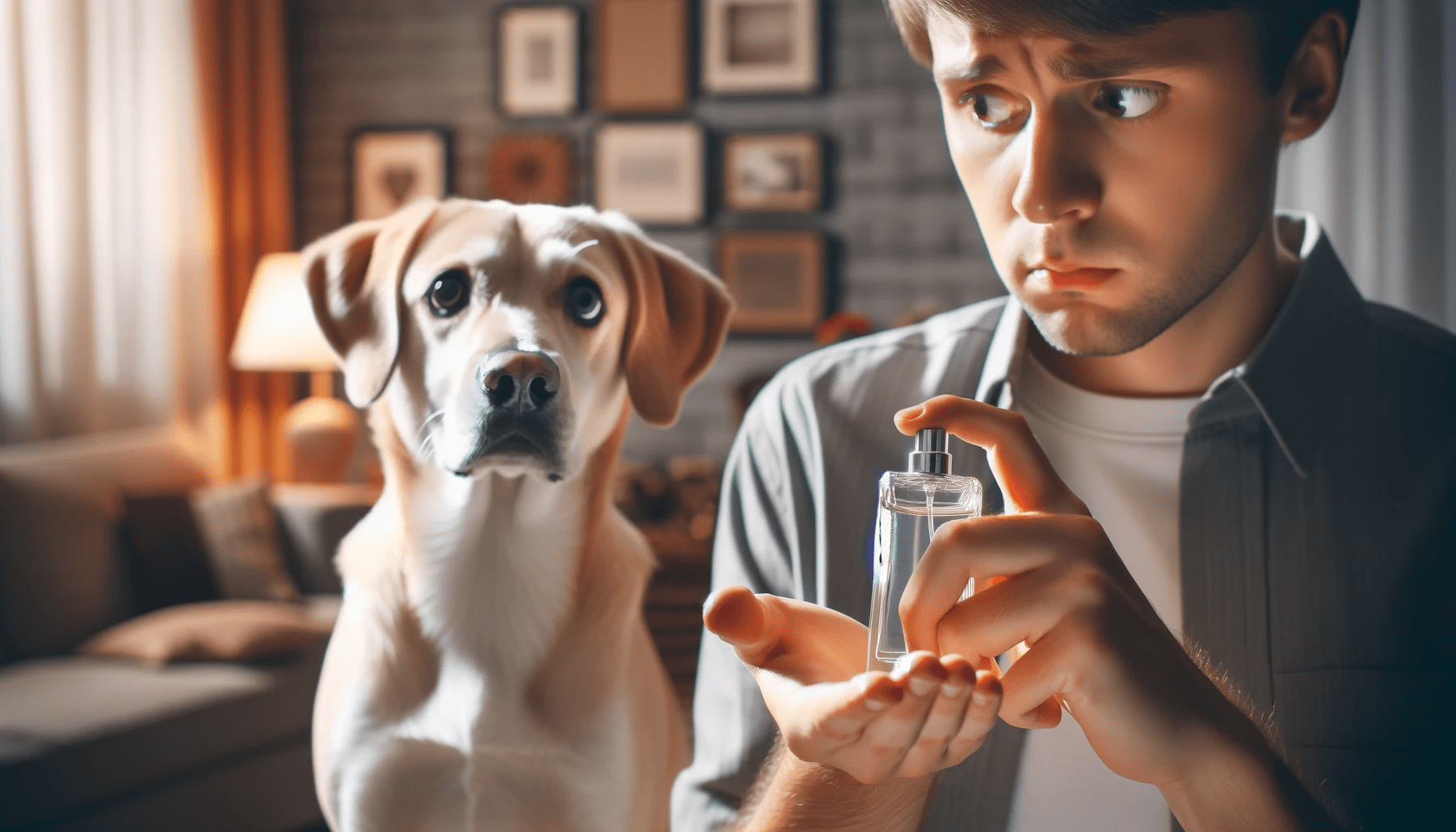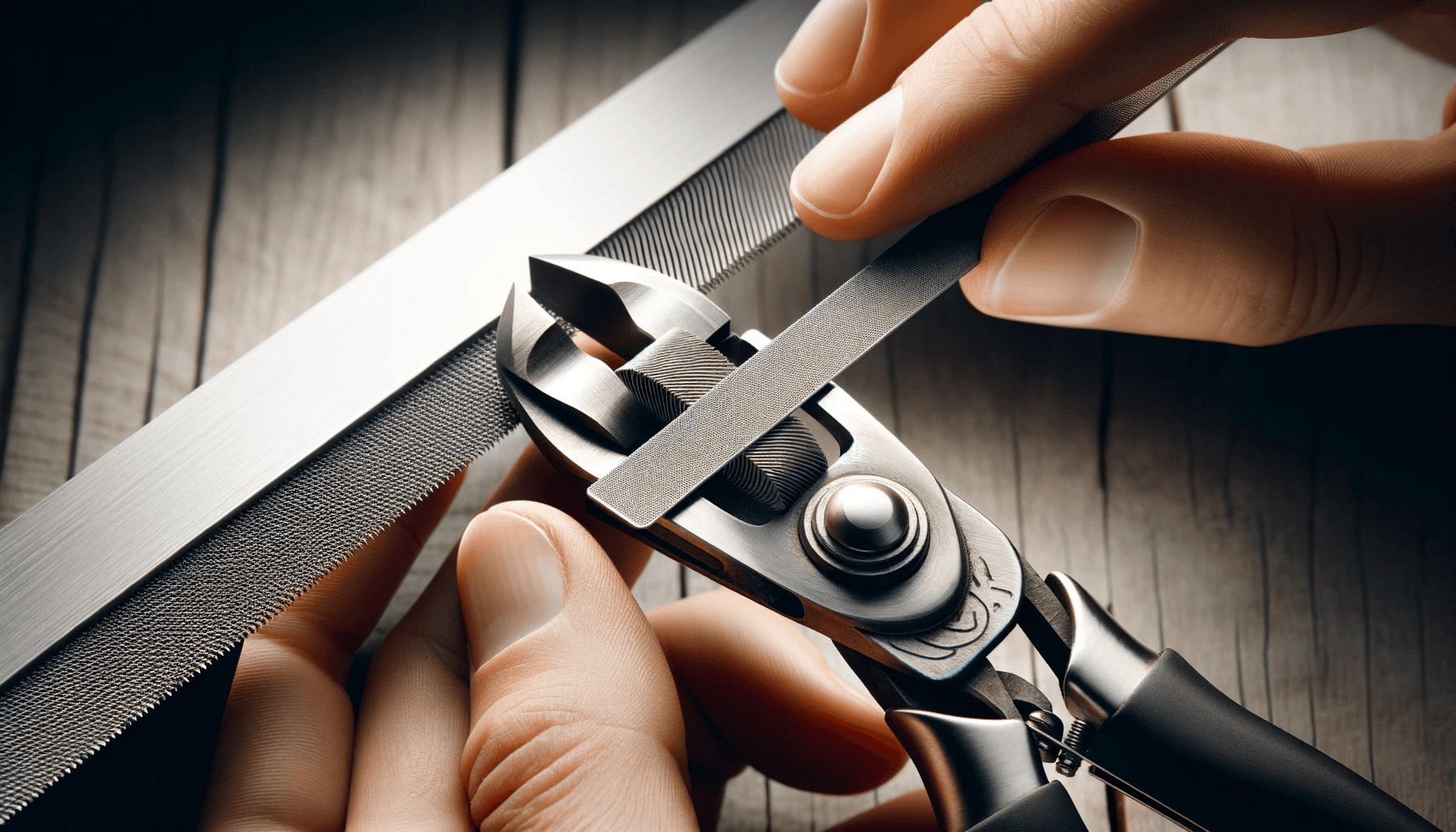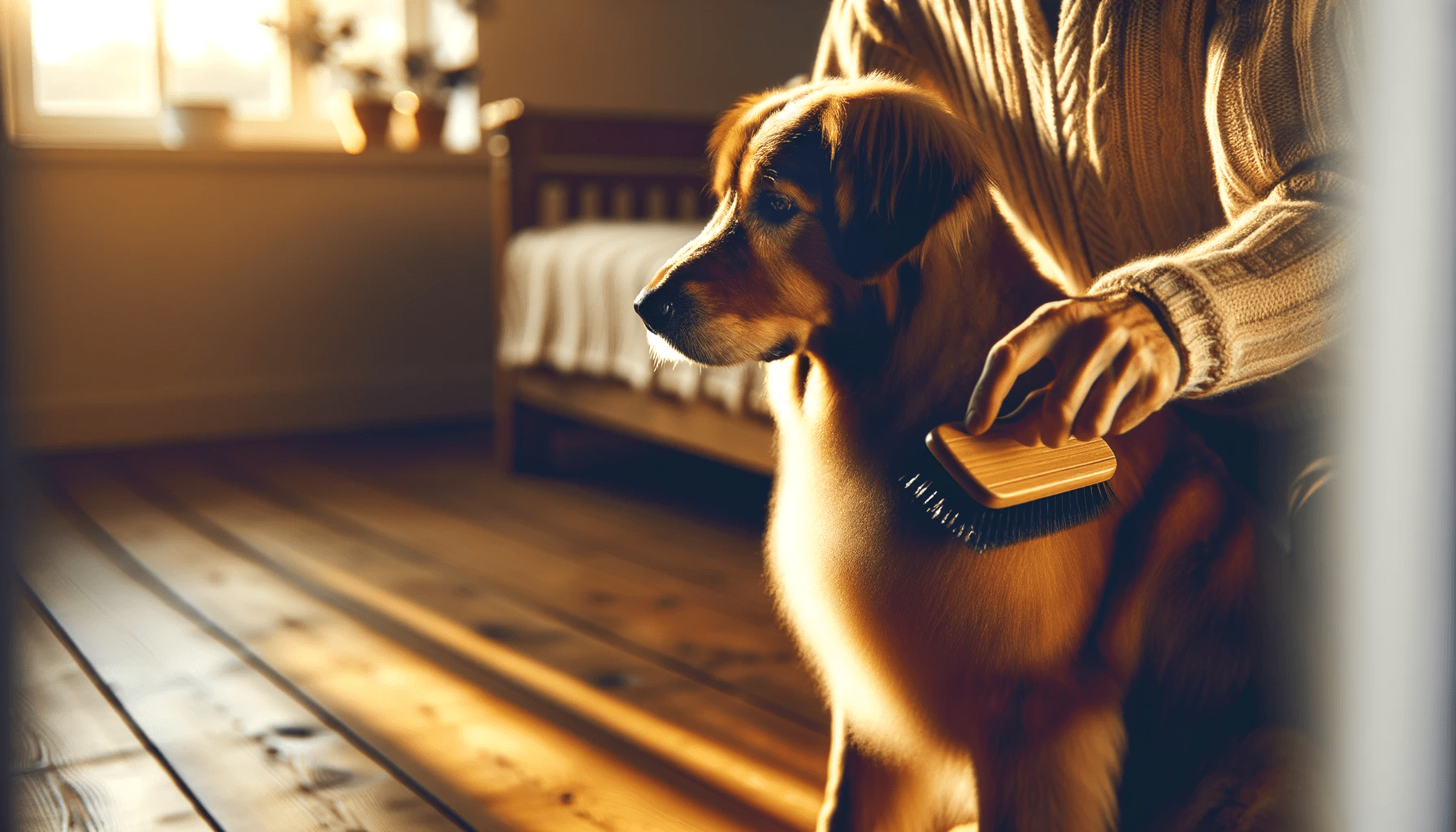Are you wondering how to keep your senior dog looking and feeling their best? Look no further!
In this article, we'll provide you with the ultimate grooming tips for senior dogs. Discover the importance of regular brushing, choosing the right shampoo and conditioner, trimming overgrown nails, and more.
With our expert advice, you'll have all the tools you need to ensure your furry friend stays healthy and happy. Let's dive in!
Key Takeaways
- Regular grooming of senior dogs is important for preventing mats, tangling, and skin issues, as well as promoting a healthy coat and blood circulation.
- When choosing grooming products for senior dogs, opt for options that are gentle, pH-balanced, fragrance-free, moisturizing, and hypoallergenic.
- Look for shampoos and conditioners with natural ingredients like oatmeal, aloe vera, or chamomile, and avoid products with strong fragrances.
- Proper nail care, ear care, dental health, and management of skin and coat issues are essential for maintaining the overall health and appearance of senior dogs.
Importance of Regular Brushing
To keep your senior dog's coat healthy and free from mats, it's important that you regularly brush them using a soft-bristled brush. Regular brushing isn't just about maintaining their appearance; it's also essential for their overall well-being. By brushing your senior dog's coat regularly, you remove dirt, debris, and loose hair, preventing them from matting and tangling. This helps to prevent skin irritation and discomfort for your furry friend.
In addition to preventing mats, regular brushing has several other benefits. It stimulates the natural oils in your dog's skin, promoting a healthy and shiny coat. Brushing also improves blood circulation, keeping their skin and hair follicles healthy. It can even help to distribute the natural oils throughout the coat, reducing dryness and itching.
Furthermore, regular brushing allows you to check for any signs of skin issues, parasites, or abnormalities that may require veterinary attention. Early detection is crucial for effective treatment and can prevent further complications.
To make the grooming process more enjoyable for your senior dog, ensure you choose a quiet and comfortable environment. Take it slow and be gentle, providing treats and praise to create a positive association with brushing.
Choosing the Right Shampoo and Conditioner
When choosing a shampoo and conditioner for your senior dog, it's important to consider options that are gentle on sensitive skin. Look for products that are specifically formulated for sensitive skin or hypoallergenic. These options will help to prevent irritation and keep your dog's skin healthy.
Additionally, consider choosing a shampoo and conditioner that offers moisturizing benefits for your dog's fur, as this can help to keep it soft and shiny.
Sensitive Skin-Friendly Options
Choose a hypoallergenic shampoo and conditioner that's gentle on your senior dog's sensitive skin. When it comes to grooming your furry friend, it's crucial to consider their specific needs. Here are some sensitive skin-friendly options to ensure a comfortable grooming experience for your senior dog:
- 1. Natural ingredients: Look for shampoos and conditioners that contain natural ingredients like oatmeal, aloe vera, or chamomile. These ingredients are known for their soothing properties and can help alleviate any skin irritations.
- 2. Fragrance-free formulas: Avoid products with strong fragrances as they can irritate your dog's sensitive skin. Opt for fragrance-free options to minimize any potential allergic reactions.
- 3. Moisturizing formulas: Choose products that provide hydration and nourishment to your dog's skin and coat. Look for shampoos and conditioners with moisturizing properties to prevent dryness and itchiness.
- 4. pH-balanced formulas: Ensure that the shampoo and conditioner you choose have a pH-balanced formula. This helps maintain the natural pH balance of your dog's skin, preventing any disruptions that could lead to irritation.
Moisturizing Benefits for Fur
To ensure that your senior dog's fur stays moisturized and healthy, it's important to select the right shampoo and conditioner. Proper moisturizing techniques can help restore and maintain your dog's fur's natural moisture levels, preventing dryness and brittleness.
When choosing a shampoo and conditioner, opt for products specifically formulated for senior dogs, as their skin tends to be more sensitive and prone to dryness. Look for ingredients such as oatmeal, aloe vera, or coconut oil, which have moisturizing properties. These natural remedies can help soothe and hydrate your dog's skin, promoting a soft and shiny coat.
Avoid harsh chemicals and fragrances that can further strip your dog's fur of its natural oils. Regular use of a gentle, moisturizing shampoo and conditioner will keep your senior dog's fur healthy and hydrated.
Trimming Overgrown Nails
When it comes to trimming overgrown nails, there are a few key points to keep in mind.
First, if your dog is anxious or fearful, it may be best to seek professional help for nail trimming.
Second, if you're comfortable trimming your dog's nails at home, there are nail file alternatives available that can help safely shorten the nails.
Lastly, it's important to handle your dog with care and patience during the trimming process to ensure their safety and comfort.
Nail File Alternatives
How can you effectively trim overgrown nails on senior dogs without using a nail file?
Here are some natural remedies and DIY options to help you tackle this grooming task:
- Grinding Tools: Invest in a high-quality nail grinder specifically designed for pets. These tools gently file down the nails, preventing any discomfort or injury to your furry friend.
- Pumice Stone: Use a pumice stone to gradually wear down the overgrown nails. Be gentle and patient during the process to avoid causing any pain to your senior dog.
- Emery Board: Similar to a nail file, an emery board can be used to manually file down the nails. Take your time and be cautious to avoid any accidental cuts or injuries.
- Scratching Posts: Encourage your senior dog to use a scratching post regularly. This will naturally help wear down the nails and keep them at a proper length.
Professional Nail Trimming
For professional nail trimming of overgrown nails on your senior dog, you can rely on a skilled groomer or veterinarian.
Professional grooming is essential for maintaining your dog's overall nail health. Overgrown nails can cause discomfort and pain for your senior dog, as well as lead to other issues like difficulty walking or even infections.
A professional groomer or veterinarian has the expertise and tools necessary to safely trim your dog's nails without causing any harm. They'll be able to assess the length of the nails and trim them to an appropriate length.
This will help prevent any potential injuries and ensure that your senior dog can walk comfortably and maintain their overall well-being. Trusting a professional for nail trimming is a crucial step in maintaining your senior dog's nail health.
Handling Anxious Dogs
To handle anxious dogs when trimming overgrown nails, it's important to understand your senior dog's specific triggers and use calming techniques to help them feel more at ease. Here are some calming techniques that can be used to alleviate your dog's anxiety during the nail trimming process:
- Positive reinforcement: Use treats or praise to reward your dog for staying calm and cooperative during the nail trimming session.
- Desensitization: Gradually introduce your dog to the nail trimming process by touching their paws and nails gently and rewarding them for remaining calm.
- Counterconditioning: Associate the nail trimming process with positive experiences by pairing it with activities your dog enjoys, such as playtime or mealtime.
- Distraction: Provide your dog with a toy or treat to keep them occupied and distracted during the nail trimming session.
Cleaning Ears and Preventing Infections
To effectively prevent ear infections in senior dogs, it's important that you regularly clean their ears using a gentle, veterinarian-approved cleaning solution. Cleaning your dog's ears not only helps to remove dirt, debris, and excess wax, but it also allows you to check for any signs of infection or inflammation.
Start by gathering the necessary supplies, such as a vet-approved ear cleaner, cotton balls or pads, and treats to reward your dog's cooperation. Gently lift your dog's ear flap and inspect the ear canal for any redness, swelling, discharge, or foul odor. If you notice any of these signs, consult your veterinarian before attempting to clean the ears.
To clean your dog's ears, pour a small amount of the cleaning solution onto a cotton ball or pad. Gently wipe the inside of the ear flap and the visible parts of the ear canal. Avoid using cotton swabs, as they can push debris further into the ear or cause injury.
Remember to be gentle and patient during the cleaning process, as your dog's ears can be sensitive. If your dog shows signs of discomfort or pain, stop immediately and consult your veterinarian.
Managing Dental Health
To ensure optimal dental health for your senior dog, it's essential that you regularly attend to their dental care needs. Neglecting your dog's oral hygiene can lead to various dental issues, such as gum disease and bad breath.
Here are some tips to help you manage your senior dog's dental health:
- Brush their teeth regularly: Use a soft-bristled toothbrush and toothpaste specially formulated for dogs. Brushing their teeth at least three times a week can help prevent plaque buildup and gum disease.
- Provide dental chews or toys: Chewing on appropriate toys or treats can help keep your dog's teeth clean and reduce tartar buildup. Look for products that are specifically designed to promote dental health.
- Schedule regular dental check-ups: Just like humans, dogs can benefit from regular dental examinations. Your veterinarian can identify any dental issues early on and recommend appropriate treatment.
- Opt for dental cleanings: Professional dental cleanings performed by a veterinarian are necessary to remove tartar and plaque that can't be removed by regular brushing. These cleanings help prevent gum disease and maintain your dog's oral health.
Handling Skin and Coat Issues
To maintain your senior dog's overall health and appearance, it's important to address any skin and coat issues that may arise. As your dog ages, their skin becomes more sensitive and prone to various issues.
One common problem is the development of hotspots, which are painful, inflamed areas on the skin. To prevent hotspots, make sure to keep your dog's coat clean and dry, especially in areas where moisture can accumulate, such as under the ears and in skin folds. Regular grooming sessions can help you identify any potential hotspots early on, allowing you to take prompt action.
Another skin issue that senior dogs often face is managing allergies. Just like humans, dogs can develop allergies to certain substances, such as pollen, dust mites, or certain types of food. Allergies can cause itching, redness, and discomfort for your furry friend.
If you suspect that your senior dog has allergies, it's important to consult with your veterinarian to identify the specific triggers and develop a management plan. This may include dietary changes, using hypoallergenic grooming products, or administering medication to alleviate symptoms.
Tips for Bathing and Drying Senior Dogs
When bathing and drying your senior dog, it's important to take special care to ensure their comfort and safety. Senior dogs may have specific needs and sensitivities, so it's essential to use proper bathing techniques and drying methods. Here are some tips to make the bathing and drying process easier for your senior furry friend:
- Use lukewarm water: Senior dogs may be more sensitive to extreme temperatures, so using lukewarm water will help keep them comfortable during the bath.
- Choose a gentle shampoo: Opt for a mild shampoo specifically formulated for senior dogs to avoid irritating their skin. This will help maintain their coat's health and shine.
- Be mindful of their joints: Senior dogs may have arthritis or joint issues, so it's crucial to provide them with a non-slip surface during the bath to prevent accidents or further discomfort.
- Use a soft towel or blow dryer: After the bath, gently towel dry your senior dog to remove excess moisture. If you prefer using a blow dryer, ensure it's set on low heat to avoid burning their delicate skin.
Frequently Asked Questions
How Often Should I Brush My Senior Dog's Teeth?
You should schedule professional dental cleanings for your senior dog as recommended by your veterinarian. Use toothbrushes and toothpastes specifically designed for senior dogs to maintain their oral health.
Can I Use Regular Human Shampoo on My Senior Dog?
Using regular human shampoo on your senior dog can be risky. It may cause skin irritation or dryness. Instead, opt for dog-specific grooming products that are gentle and formulated for their specific needs.
What Should I Do if My Senior Dog Has a Skin Rash or Hot Spot?
If your senior dog has a skin rash or hot spot, it's important to take action. Treating skin rashes in senior dogs involves gentle cleansing, medicated shampoos, and consulting with a veterinarian. Managing hot spots in older dogs may require trimming hair, applying topical treatments, and preventing further irritation.
How Can I Prevent My Senior Dog From Developing Ear Infections?
To prevent ear infections in your senior dog, make sure to regularly clean their ears and keep them dry. Also, manage their dental care by brushing their teeth and providing dental treats or toys.
Are There Any Special Considerations When Trimming the Nails of a Senior Dog?
When trimming the nails of a senior dog, there are some special considerations to keep in mind. Tips and techniques for nail trimming, as well as common mistakes to avoid, can help ensure a safe and comfortable experience for your furry friend.
Conclusion
In conclusion, regular grooming is essential for the well-being of senior dogs. By brushing their coat, using appropriate shampoo and conditioner, trimming their nails, cleaning their ears, managing dental health, and addressing skin and coat issues, you can help keep your senior dog healthy and comfortable.
Additionally, following proper bathing and drying techniques will ensure a positive grooming experience for your furry friend. Remember to consult with a veterinarian for specific grooming needs and recommendations for your senior dog.
